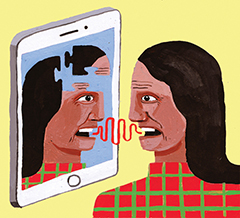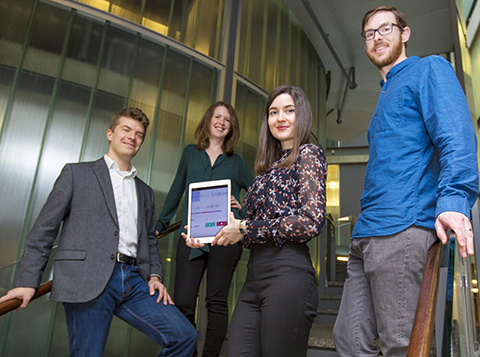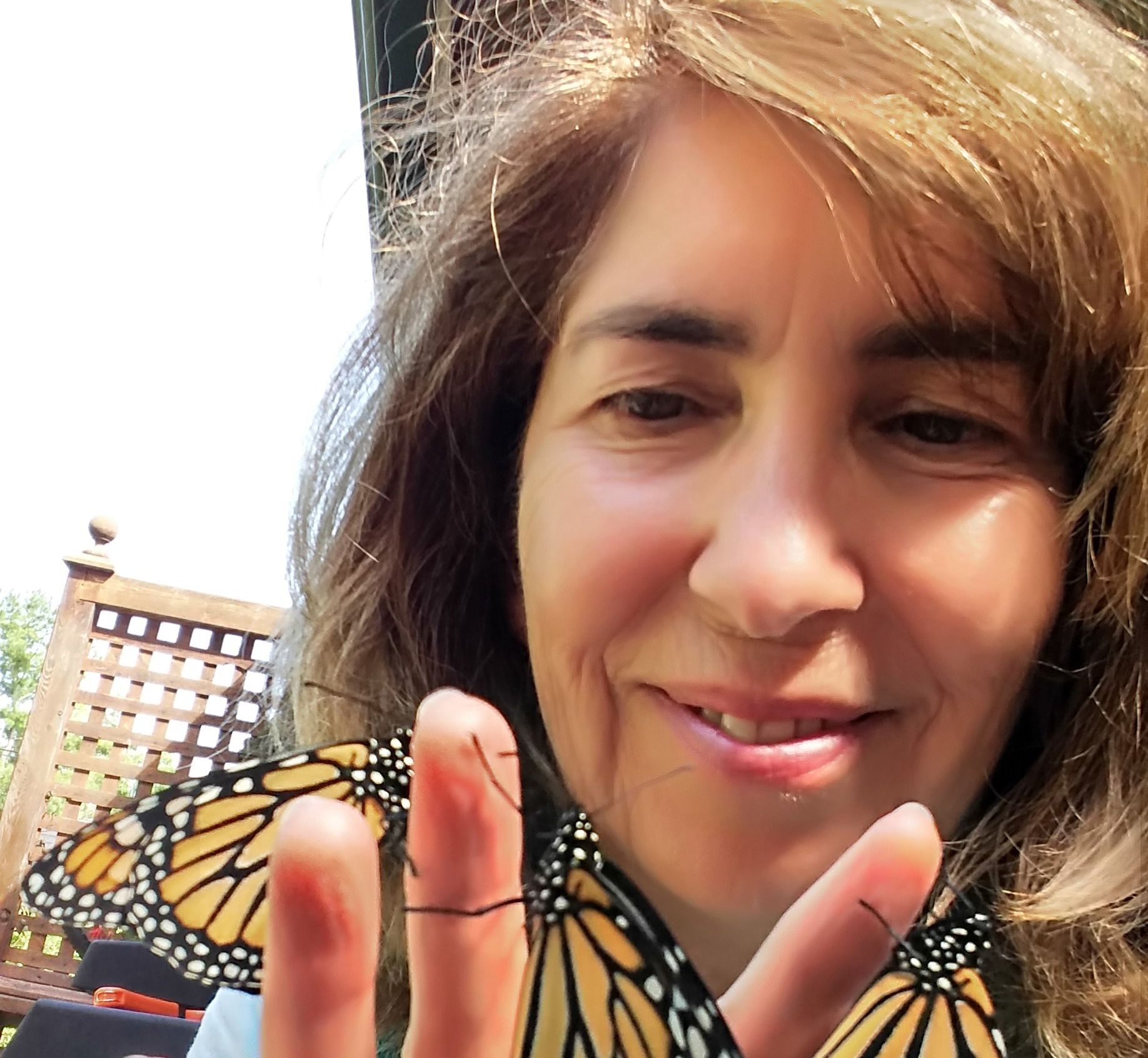If you’ve ever worried that you or a loved one has cognitive impairment or even Alzheimer’s disease, you’ve likely gone this route: an apprehensive trip to the family doctor; a battery of physical and mental tests; a referral to a specialist several months and many kilometres away; an anxious wait; finally, a stranger in a lab coat coming with more pencil-and-paper tests on spelling, word memorization and math.
Compare that to this: in the comfort of your home, you look at your own photos on a tablet. You spend a minute describing one. An app records your snippet of speech and uses artificial intelligence to assess 2,000 measures from your voice. A minute later it delivers a report back to you saying whether or not you have a cognitive condition and to what extent.

WinterLight Labs’ proprietary speech and language analysis program can detect Alzheimer’s and other types of dementia with an accuracy ranging from 82 to 100 per cent, depending on the study. (Traditional diagnostic methods are about 80 per cent accurate, the company says.) WinterLight’s research also suggests that its test is more enjoyable, more objective, faster and cheaper than the traditional methods. And it can be administered monthly or even weekly to show a trend. “It gives a more sensitive picture of someone’s cognitive health,” says Frank Rudzicz, co-founder and president of WinterLight and a U of T professor of computer science. He adds: “We’re not trying to replace doctors or pathologists. We’re trying to save clinicians time.”
An early diagnosis can benefit patients, too. While Alzheimer’s has no cure, treatment can sometimes delay the disease’s progress. A bonus: people liked taking the test. “Looking at their photos awakens something in people,” says Rudzicz, who is also a scientist at Toronto Rehabilitation Institute. “They enjoy it.”
Here’s how the technology works. Scientists have known for decades that language – pitch, tone, frequency, false starts, hesitation, grammatical complexity, word-finding difficulties, even a barely detectable jitter or shimmer – is a highly sensitive indicator of cognition. Using artificial intelligence, WinterLight’s app extracts a few features from the audio recording of your voice, then sends it to an analysis platform in the cloud that identifies additional subtle characteristics. It also converts the audio to text to analyze vocabulary and grammatical structure. By tracking many years of televised interviews on YouTube, Rudzicz suggests the company’s technology could have detected the late actor Gene Wilder’s Alzheimer’s decades before his diagnosis.
For more information about Winterlight Labs, email: info [at] winterlightlabs [dot] com







No Responses to “ How a Verbal Test Can Reveal Your Brain Health ”
Amazing news! Is this technology readily available and where? Thanks.
How does one sign up for the test?
For more information about Winterlight Labs, email:
info [at] winterlightlabs [dot] com
When and where can I take the test? I have significant word-finding deficits while speaking.